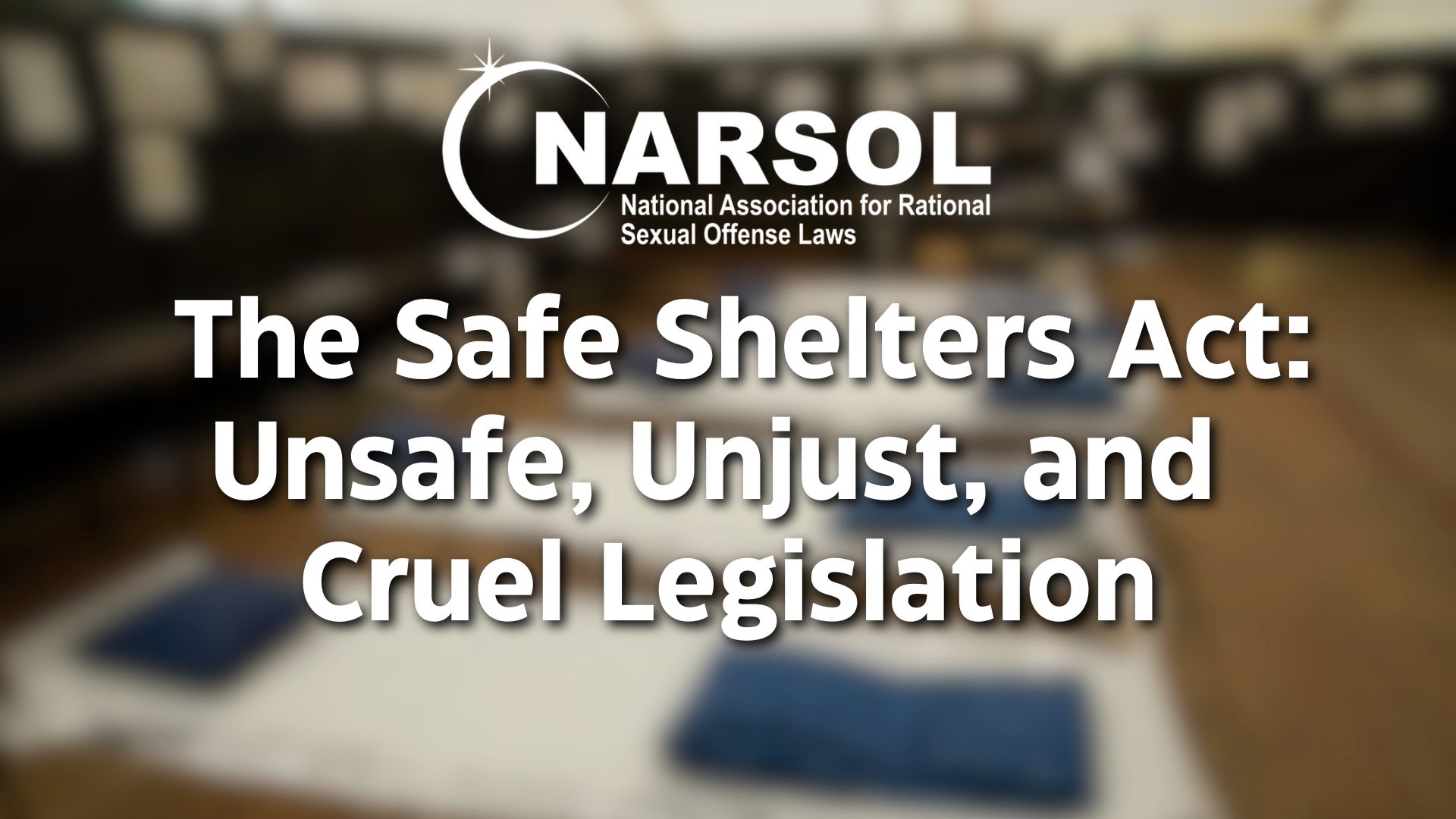In Mississippi a family destroyed
Names have been changed to protect the innocent.
By Sandy . . . “My son would call me several times every day, and now we’re cut off from all communications.” Matt’s voice choked up even more before he continued. “He is devastated. I am devastated.”
Matt and his son, like a great many others in Mississippi, are victims of recently passed legislation there, S.B. 2009, also known as Carly’s Law. This legislation prohibits any contact whatsoever between a person listed on the sexual offense registry and the named victim unless and until the victim petitions the court to revoke the no-contact order and the court agrees.
This includes a person who was registered for sexual contact with a willing but underaged partner even if the two of them are now married.
This includes a person who, as a minor, was registered for sexual play with a younger sibling or cousin even though the two of them have since reconciled and have been enjoying a normal familial relationship.
This includes Matt. In 2012 Matt was convicted of illegal touching of a vulnerable adult. His son Paul, age 16 at the time, was the victim.
Paul, fostered and then adopted by Matt and his wife Patsy, was born with fetal alcohol spectrum disorder. He suffers numerous learning and developmental disabilities, was and continues to be prone to outbursts of violence, and often expressed himself in sexually inappropriate ways in public and at home.
He was expelled from several schools. He has been arrested and been in and out of various institutions. At one point when he was living at home, he would get into bed with Matt and demand sexual touching, often in a fit of rage and threatening to use a knife. Fearing for their safety, Matt one time gave in to the demands and manually masturbated his adopted son.
Matt hangs his head in shame while telling about this, and his voice grows more choked. “I know what I did was stupid and wrong. I gave in to the pressure and the fear that he really would harm us. It was a moment of weakness for which I will pay for the rest of my life.”
Soon afterward Paul was arrested again and became a ward of the state. He was placed in a state-paid private institution, where he remains to this day. While there, he acted out again, and the state investigators grilled him. He told them about the sexual incident with his father.
Matt suffered two heart attacks, had open heart surgery, and then in 2011 was arrested and charged with a sexual crime. He pled guilty, and his prison sentence was suspended with a term of probation given, which has now ended.
Paul never wanted his father to be arrested or separated from him. Matt and Patsy made the decision that they could not have Paul at home again, fearing reoccurrences of the streaks of violence and sexual demands. However, they have remained close by use of Paul’s cell phone, speaking several times daily, and Patsy visits him. Matt felt it best that he not visit, seeing him only one time after his conviction.
When Matt saw that Carly’s Law was signed into law by Governor Tate Reeves on July 7, retroactively enforced as of July 1, he immediately stopped answering Paul’s calls. All communication is handled by Patsy. Paul is extremely upset at not being able to speak with his father. Every time he calls, he asks her if Matt has been able to find a lawyer to get this law changed.
According to this new law, only the victim, or his/her parents or guardian, may petition the court to waive this. As an institutionalized ward of the state with diagnosed mental and emotional disabilities, Paul has no standing to petition. As the offender, Matt cannot. This removes any due process from him and tramples his First Amendment rights of free speech and association with his own son. And it adds additional penalties ex post facto. It leaves him with no rights, only permanent disconnection and separation from his son.
Matt’s voice had grown weaker and weaker in telling his story, but he continued. “This has put an impenetrable barrier between myself and my son. This is ill-conceived legislation. It was done in total disregard for due process; it blocks reconciliation and tramples constitutional rights. It destroys families and people who have forgiven and been forgiven and have healed and reconciled.
“It destroys lives that had learned to trust again.”


